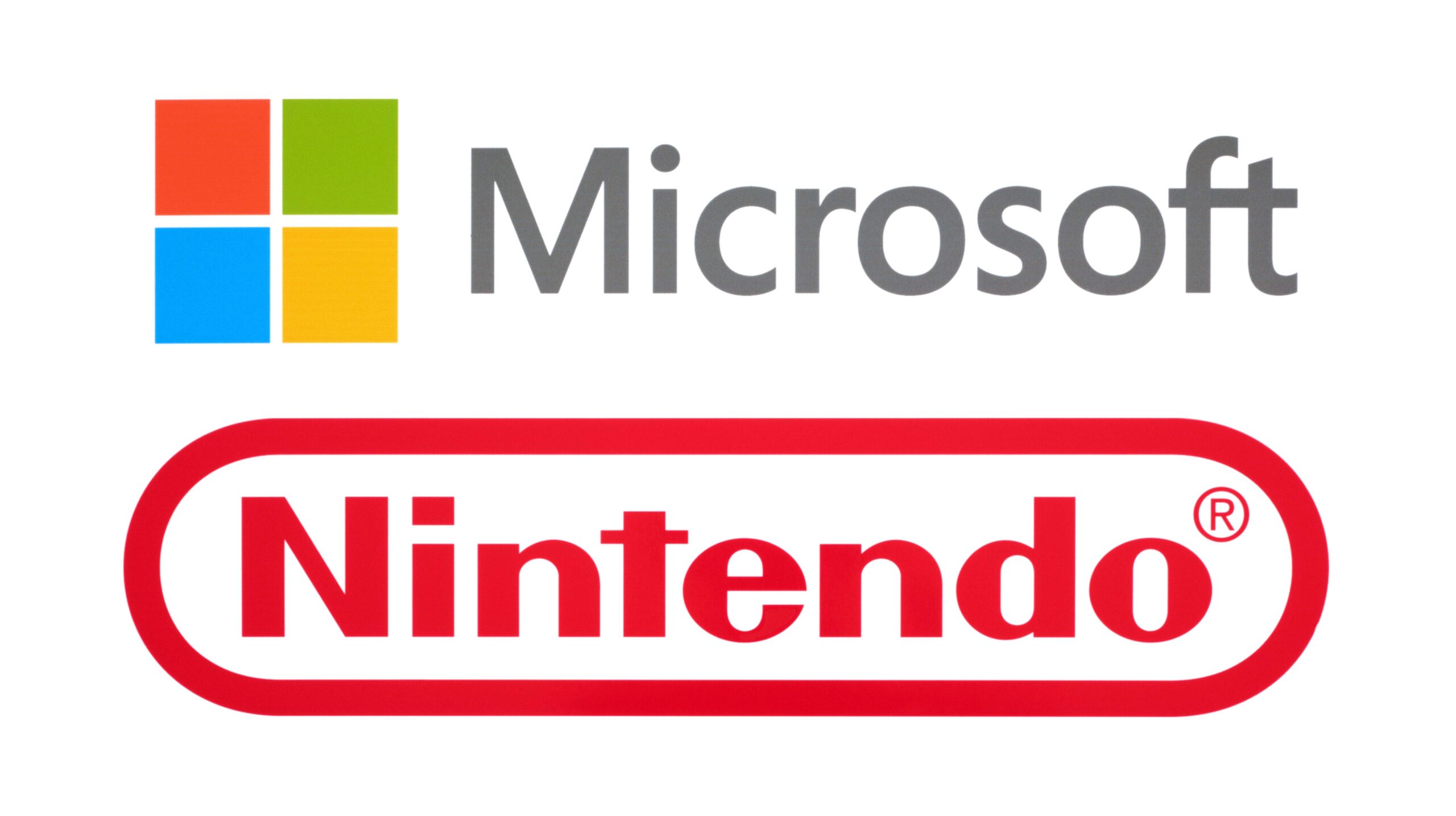
New leaked documents from the FTC vs. Microsoft case suggest that Microsoft Gaming once wanted to acquire Nintendo.
Specifically, Microsoft Gaming chief Phil Spencer pushed for the acquisition, as he considered it would have been a “career moment” for him.
The leaked document shows an email sent out by Spencer to Chris Capossela and Takeshi Numoto, both Microsoft executives. In the email, Spencer expressed his confidence that Microsoft was the only American company that could pull the deal off.
“Nintendo is the prime asset for us in gaming and today gaming is our most likely path to consumer relevance,” wrote Spencer. He also acknowledged the challenges of making such a deal happen, as Nintendo has a lot of cash and a conservative board of directors that has not pushed for increases in market growth or stock appreciation.
Spencer revealed that one of Microsoft’s board members, ValueAct, had been buying Nintendo shares and supported an acquisition if the opportunity arose.
This was not the first time that Microsoft tried to woo Nintendo. A Bloomberg report in 2021 revealed that Microsoft approached Nintendo in 1999 with an offer to buy or partner with it on hardware and software. Both proposals were rejected by Nintendo, who reportedly laughed at Microsoft’s attempts. “At some point, getting Nintendo would be a career moment and I honestly believe [it’s] a good move for both companies. It’s just taking a long time for Nintendo to see that future exists off of their own hardware,” reads Spencer’s email.
The leaked email is from 2020, and it is uncertain if Microsoft still plans to acquire Nintendo.
Other leaked documents from the FTC vs. Microsoft case suggest that the company is looking to release a disc-less Xbox Series X refresh sometime in 2024. Read more about it here.
Image credit: Shutterstock
Via: Engadget
MobileSyrup may earn a commission from purchases made via our links, which helps fund the journalism we provide free on our website. These links do not influence our editorial content. Support us here.


